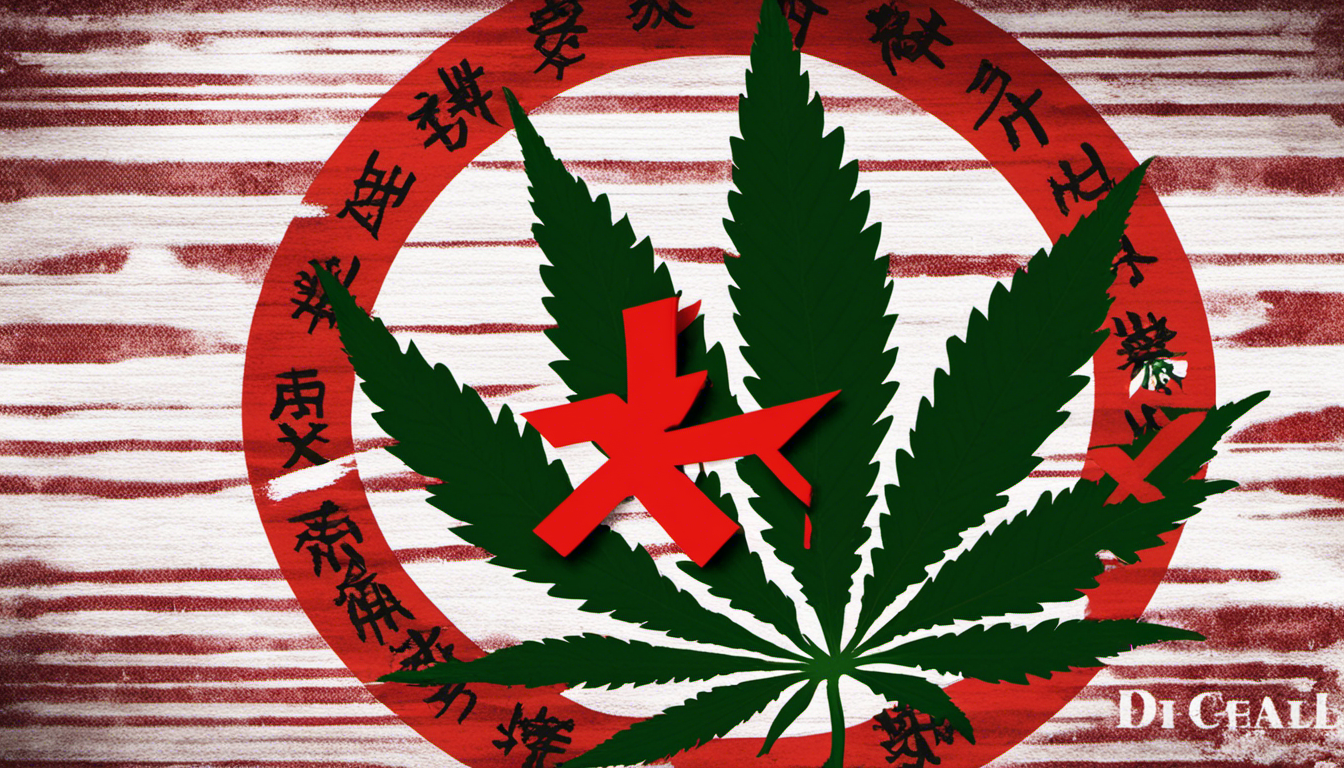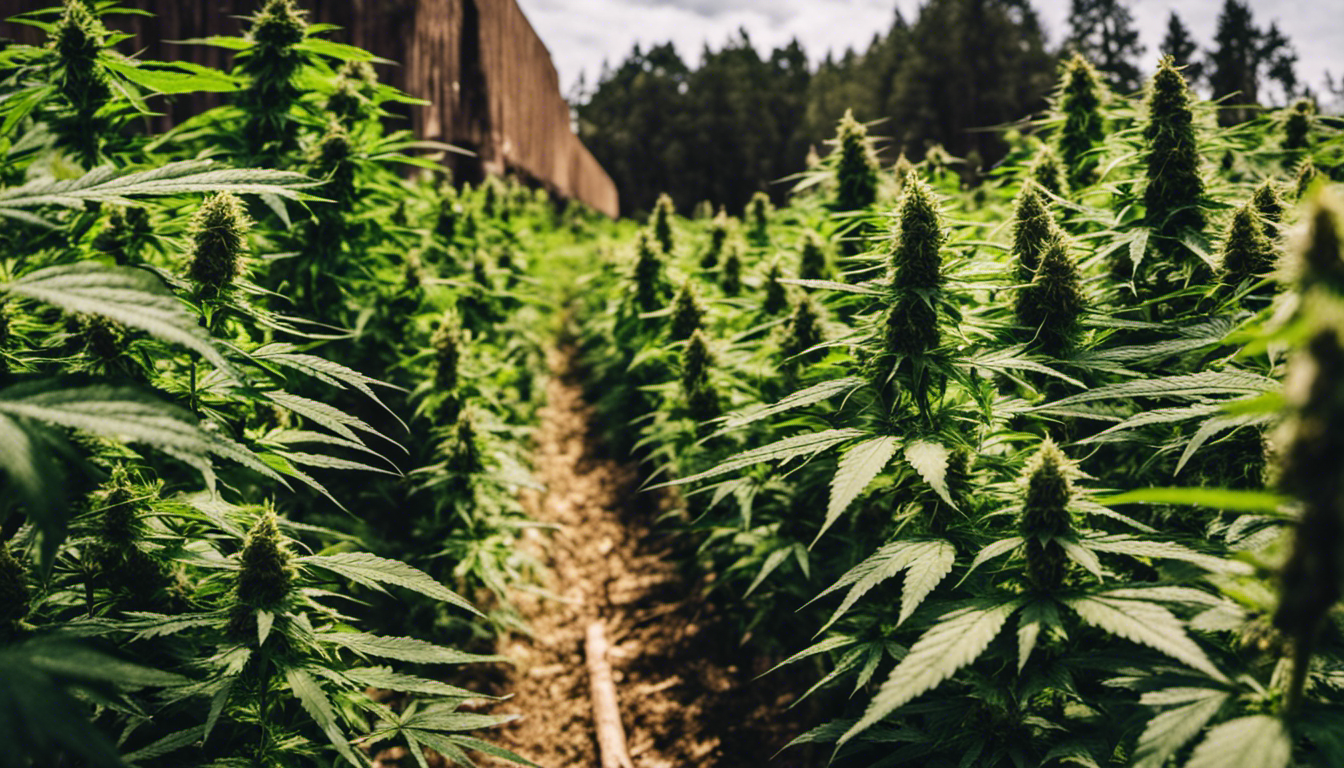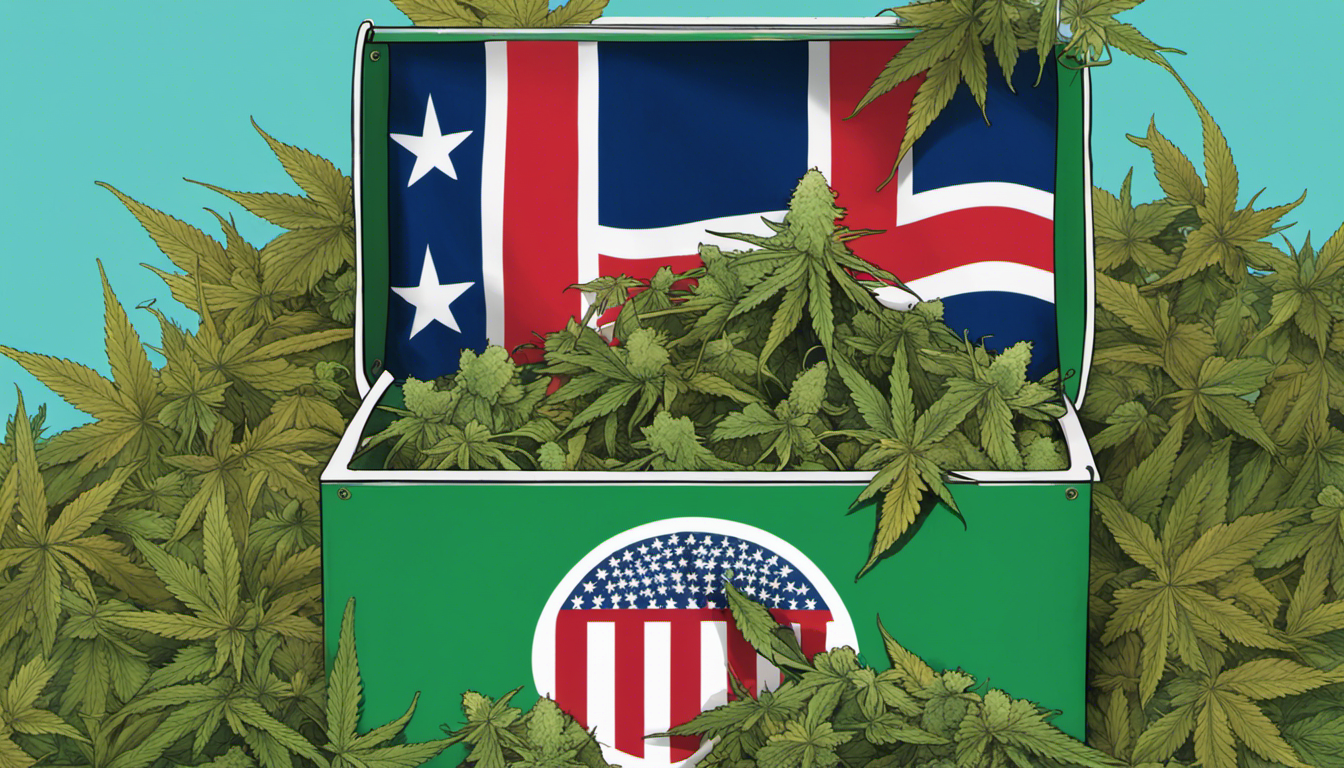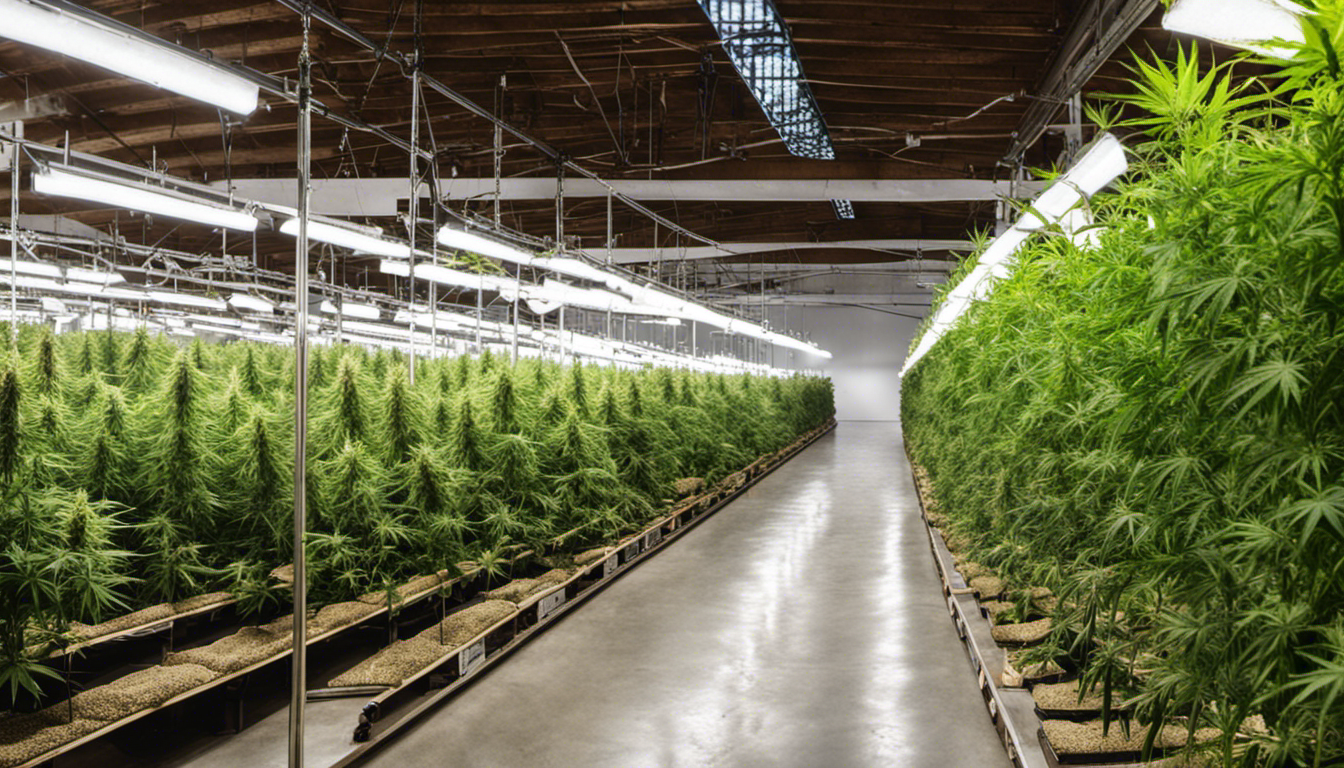The cannabis industry has been plagued by concerns over Chinese-produced counterfeit products and hemp derivatives allegedly produced under subpar conditions and standards. Despite the industry’s efforts to establish legitimacy and safety, misinformation and confusion continue to surround the sector. This article investigates the impact of Chinese-produced counterfeit products on the regulated cannabis industry and the importance of transparency, regulation, and public education.
The “VapeGate” scandal in 2019 highlighted the dangers of unregulated products, including those allegedly sourced from China. The incident led to widespread panic and concern about the quality of products in the cannabis market. However, the core issue was not rooted in the regulated cannabis marketplace, but rather in the influx of counterfeit and illicit products.
Fast-forward to today, and the same narrative is emerging in discussions surrounding regulated hemp derivatives, particularly Delta-8 THC (D8). President Trump’s signing of the Farm Bill in 2018 created the federally-legal $23B hemp derivative industry. As states navigate this burgeoning market, recent media articles have raised alarms about safety and regulation. However, these reports often fail to differentiate between lawful producers and counterfeiters, perpetuating misinformation in the industry.
To investigate the claims, the article reached out to companies controlling the majority of the state-regulated hemp derivative marketplace. These companies, including 3Chi, LaurelCrest, FM Labs, and MC Nutraceuticals, work diligently to source hemp extracts from U.S.-grown hemp. While there may be bad actors acquiring hemp material or products from China, this would not be reflective of the state-regulated hemp derivative supply chain and marketplace.
The article also highlights the safety of regulated hemp derivatives, noting that industry leaders perform testing through the supply chain nearly 5-6 times more than the regulated marijuana sector. Additionally, the state-regulated hemp derivative ingredient supply chain requires all operators to be GMP compliant, ensuring that products meet quality standards.
Colorado’s regulated hemp sector is a national leader, with the state’s Department of Public Health and Environment developing detailed rules and standards for producing hemp products and compounds. The CDPHE worked closely with industry operators, concerned citizen groups, and the marijuana sector to develop these rules, providing production requirements, safety standards, and storage and labeling requirements.
The article concludes that the challenge presented by Chinese fake hemp products and supply compounds cannot be understated. Consumers rely on media reports to inform their choices, and the failure to clearly differentiate between legal, state-regulated products and counterfeit alternatives and/or misinformation leads to confusion and mistrust.







